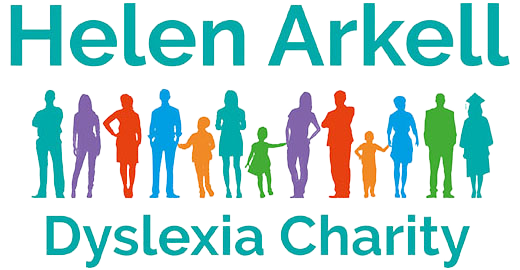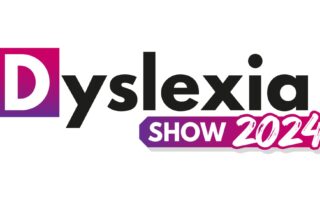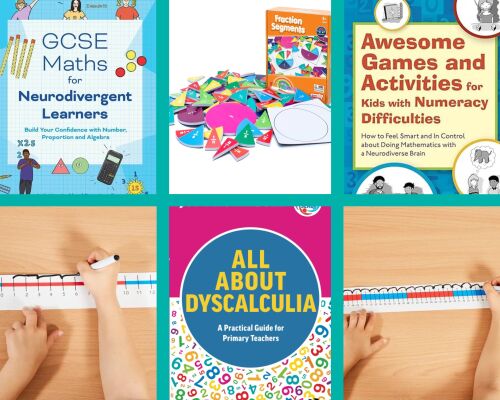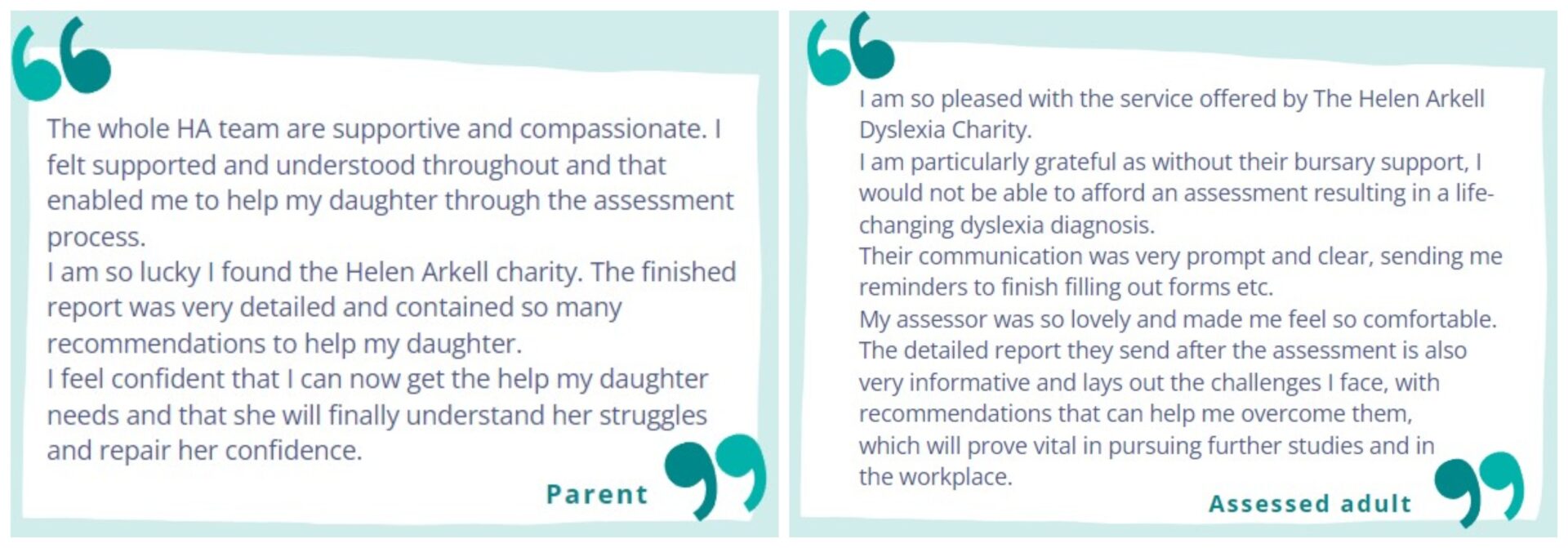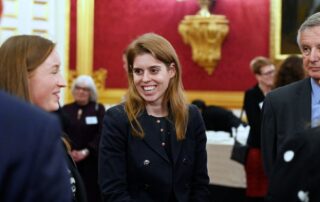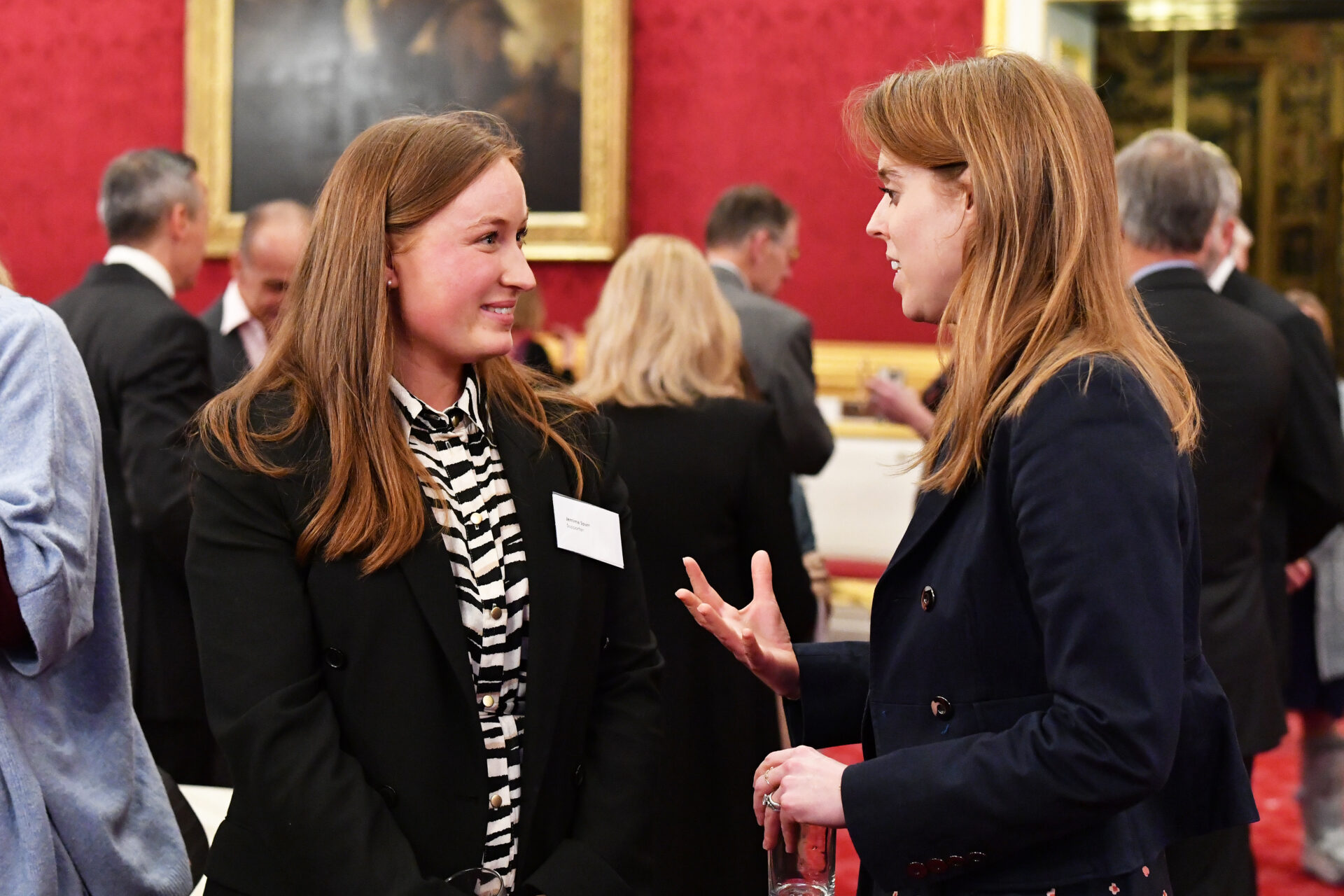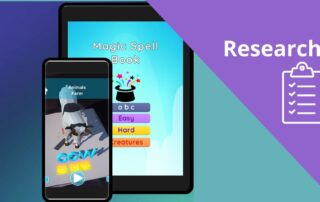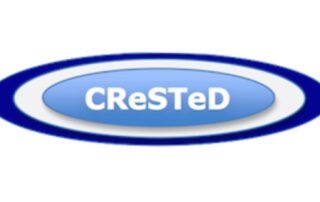Come and see us at the Dyslexia Show 2024!
NEC, Birmingham
Friday 15 March to Saturday 16 March
Once again, we are delighted that the Helen Arkell team will be there at this national exhibition dedicated entirely to dyslexia.
The Dyslexia Show is open to all and focuses on awareness and understanding of dyslexia in education, parenting and the workplace.
The line-up
CEO Andy Cook will be a panellist in the Keynote Theatre at 10:15 on Friday alongside friends and colleagues from Patoss, British Dyslexia Association and Nasen. Book here.
Claire Harvey, Head of Education here at Helen Arkell, will be speaking at 11 on Friday, giving a talk entitled: Gaining reading accuracy and fluency: Why is it so tricky and what can we do to help? Book here.
Rachael McMullen, our Head of Dyslexia Support, and Thea Andrews, our Shop Assistant and Administrator, will be on our stand – Stand C302 – and looking forward to meeting people.
Do pop and see us if you are coming along!
For more details and to book your place, see the Dyslexia Show website.
